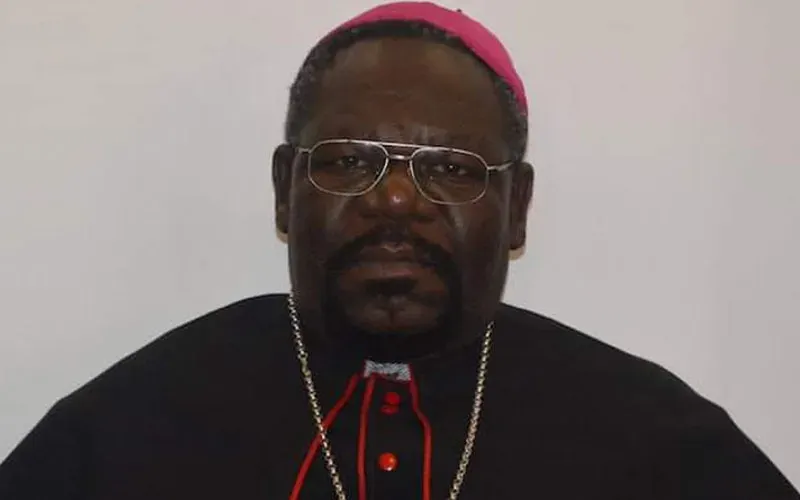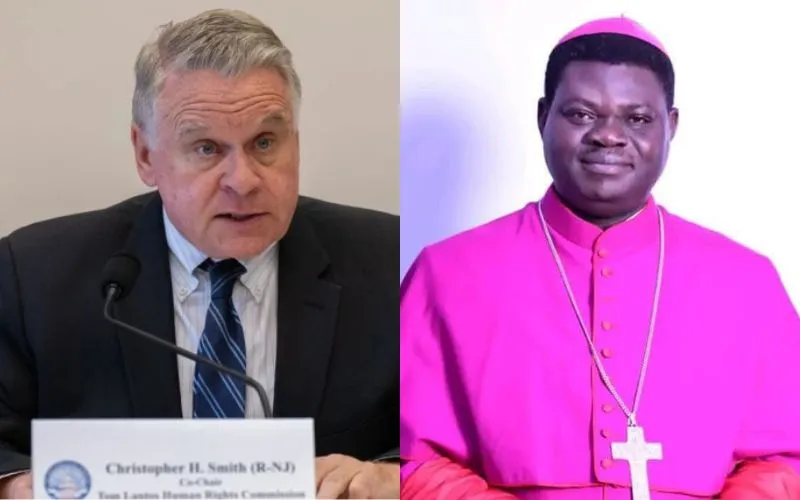Durban, 01 March, 2024 / 9:31 pm (ACI Africa).
Archbishop Siegried Mandla Jwara of South Africa’s Catholic Archdiocese of Durban has prohibited the use of Parish venues in his Metropolitan See as political campaign forums.
In a Friday, March 1 statement, Archbishop Mandla says Parish venues are “spiritual homes” for all and their use by political candidates would make a section of parishioners feel “strangers”.
“No political party should use any parish church as a platform to campaign,” Archbishop Mandla says referring to the ongoing political campaigns in South Africa head of the country’s general elections scheduled for May 29.
In the statement that his Auxiliary, Bishop Elias Kwenzakufani Zondi, cosigned, the South African Catholic Archbishop cautions against sidelining a section of Parishioners through political activities in Parish premises.
“One thing we should all keep in mind is that our parishes are spiritual homes to all our parishioners regardless of their political affiliations, and when one political party campaigns in a parish church it may make some parishioners feel like strangers in their own spiritual home,” Archbishop Mandla, a member of the Congregation of Mariannhill Missionaries (CMM), says.








